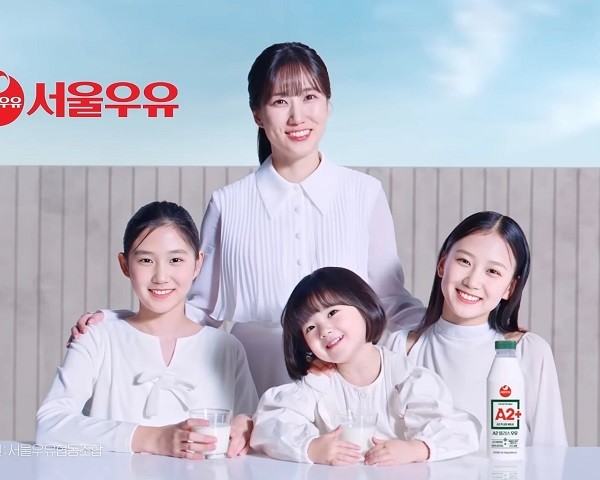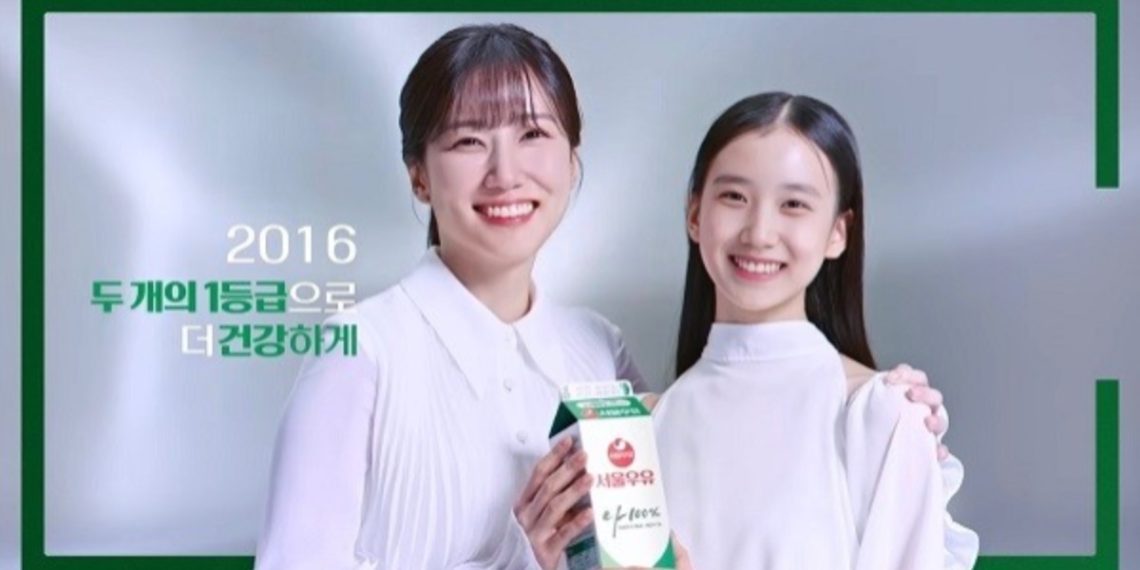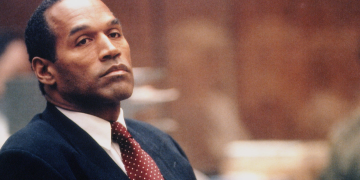Seoul Milk recently launched a groundbreaking advertisement featuring actress Park Eun-bin as their new model for “A2+ Milk,” showcasing the actress’s journey from childhood to adulthood using AI-generated child models.
In a unique concept aimed at illustrating the stages of Park Eun-bin’s growth alongside their product packaging changes, Seoul Milk utilized AI technology to create child models with Park Eun-bin’s face. The result was astonishingly realistic, prompting widespread amazement and curiosity among netizens who were initially unaware of the AI element.

Commenters expressed their astonishment, with many noting how closely the AI models resembled Park Eun-bin and marveling at the advancements in technology. Some admitted to experiencing genuine chills upon learning the truth behind the child models’ appearance in the advertisement.
The use of AI and Deepfake technology is not limited to advertisements. In Netflix’s drama “A Killer Paradox,” viewers were shocked by the resemblance of the child actor to Son Seok-gu’s character. Director Lee Chang-hee later revealed that this effect was achieved using Deepfake, incorporating childhood photos of the actor into the production.
This intersection of entertainment and technology continues to intrigue audiences, raising questions about the ethical and creative implications of AI-enhanced visuals in media. As AI technology evolves, the boundaries between reality and digital representation blur, offering new possibilities and challenges for the industry and its viewers alike.





